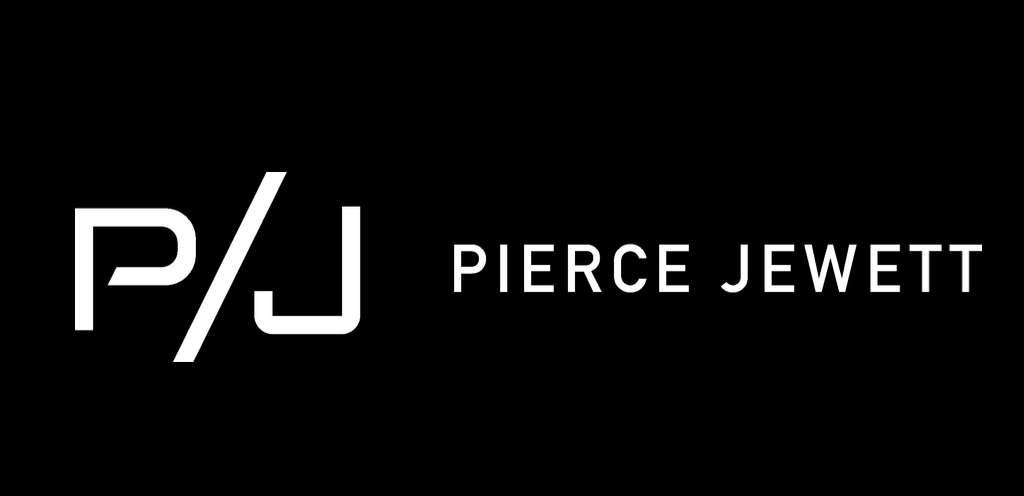What Does it Mean to File for Bankruptcy?
When you incur a debt, you are expected to pay it in full and within the agreed-upon terms. Failing to do this can have adverse effects on your credit and could force you to opt for bankruptcy. What does it mean to file for bankruptcy? Bankruptcy is a legal debt relief process. It is overseen by federal bankruptcy courts and designed to help people or businesses eliminate all or a portion of their debt.
Filing for bankruptcy can offer relief from a debt that would otherwise consume you. Nonetheless, it is important to note that the effects are serious and far-reaching. Bankruptcy could affect your ability to apply for loans or open credit card accounts.
Are you considering filing for bankruptcy? You should consider learning everything there is to know about it and discuss your options with a New York Bankruptcy Attorney.
Filing for Bankruptcy
To file for a personal bankruptcy, you will be required to attend sessions with a government-approved credit counselor. The counselor will assess your finances and advise you on alternatives to bankruptcy and help you create a budget.
Next, you will need to decide which type of bankruptcy you will file. Most individuals file either a Chapter 7 (liquidation) or Chapter 13 (reorganization) bankruptcy. Each bankruptcy chapter offers different avenues for debt relief. You will also be required to pay your attorney and court fees. Companies may file for Chapter 7, but not Chapter 13. Instead, companies may reorganize in bankruptcy through Chapter 11, which is a similar concept to Chapter 13, but generally has increased administrative hurdles and costs.
What Debts Are Forgiven in Bankruptcy?
Generally, both Chapter 7 and Chapter 13 bankruptcies for individuals eliminate unsecured debt such as credit cards. They can also potentially prevent foreclosures, wage garnishments, debt collection, and utility shut-offs. However, they cannot normally eliminate certain types of debt, such as:
● Court-ordered alimony
● Court-ordered child support
● Student loans
● Government penalties and fines
● Court penalties and fines
● Taxes
Chapter 7 Bankruptcy
Chapter 7 bankruptcy is the most known and commonly filed type of bankruptcy. Under it, a Chapter 7 bankruptcy trustee is appointed to supervise the sale of any assets with equity that are not considered exempt. The money generated is then used to pay your creditors, and the balance of what you owe your creditors is generally eliminated after discharge.
Filing for chapter 7 carries significant consequences, because you may lose a significant amount of your property depending on what you own. The bankruptcy will also remain on your credit record for 10 years.
Chapter 13 Bankruptcy
A Chapter 13 bankruptcy involves making payments during a 3 to 5 year term to a Chapter 13 trustee from your future income. The trustee in turns distributes those payments to your creditors. Your remaining debt is generally discharged once you complete the agreed-upon repayment plan.
Overall, Chapter 13 bankruptcy offers more favorable terms as you might be able to keep some assets that would otherwise be sold and may give you time to catch up on defaulted mortgage payments. It also only remains on your record for 7 years.
Talk to a New York Bankruptcy Attorney Today
Now that we’ve answered the question, “what is filing for bankruptcy,” you should contact an attorney to determine whether it is ideal for your situation. Bankruptcy is a serious decision that can stay on your record for 7 to 10 years. It can offer debt relief but can also negatively impact your credit.
Before settling on a decision, it is vital to research your possible options and understand the impact of each. You should also seek valuable advice from an expert bankruptcy attorney.
If you have questions about bankruptcy or are considering filing it, contact Pierce McCoy Bankruptcy to schedule a consultation with an expert New York Bankruptcy Attorney.
